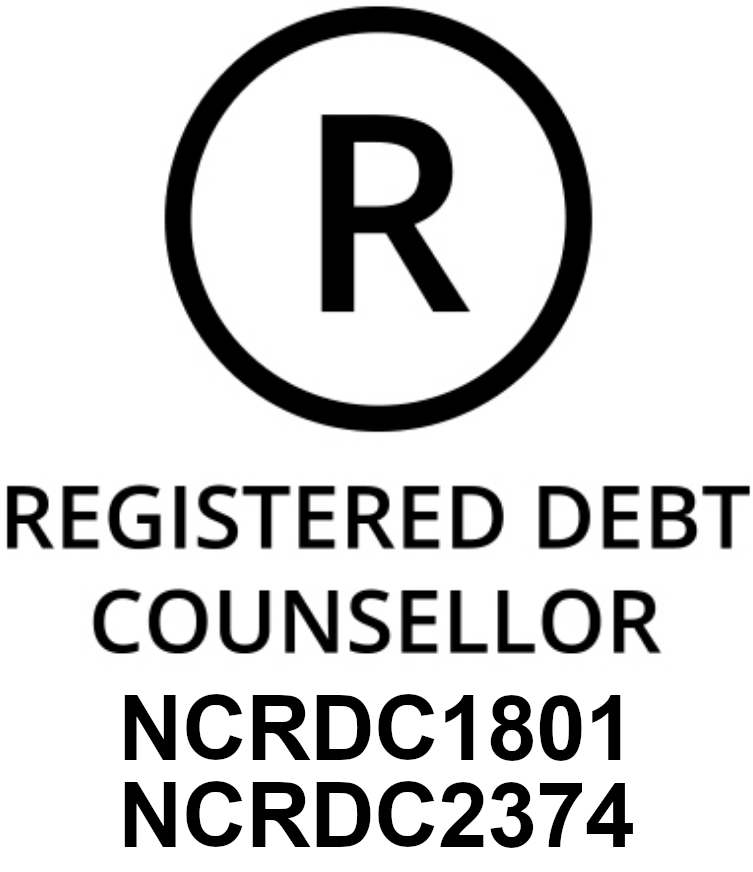If you lost your husband to divorce, death or disability - would you be able to stand on your own two feet financially?
According to Peter Dempsey, deputy CEO of the Association for Savings and Investment South Africa (ASISA), the worst mistake any woman can make is to assume that she is financially taken care of by her husband no matter what happens.
“The reality is that men tend to die at an earlier age than women, that marriages end and that spouses sometimes hide assets. While this is certainly not always the case, there are many examples of women left destitute by their spouses,” he says.
But even if you are single — are you coping financially? What if you become disabled or get diagnosed with a critical illness? Or what happens if you lose your job?
We speak to the experts on how you can make the most of your money at all stages of your life.
Young and single
Your first pay cheque may seem like your first-class ticket to the lifestyle you always dreamed of, but think before you blow your money on that over-priced cocktail dress.
Paul Slot, president of the Debt Counsellors Association of South Africa, says most young women incur debt because they have too many clothing accounts. “I once dealt with a lady who had 64 clothing accounts. To prevent such uncontrolled debt, young women should try to keep their repayments to lower than 35% of their income,” said Slot.
At this stage, saving should also be an important part of your lifestyle. “Consider things like saving for a deposit on a home one day, and putting money away into a retirement fund so that your future, as distant as it may seem, is secure. And although it seems unlikely, consider some kind of cover for disease and disability, so that should something happen, you will remain financially independent,” says Angela Mhlanga, head of financial consulting at Standard Bank.
Married with children
Marriage bliss can quickly be killed by the cruel hands of debt. Slot says that many times a woman can become responsible for their partner’s debt without knowing it. When you marry out of community of property, debt could also becomes a joint affair. To prevent this, Slot says there shouldn’t be financial secrecy between couples.
A joint account is also a good way to create transparency so that one party is not caught unaware with another spouse’s debt. Mhlanga says that one of the most important things that any couple can do is look after their children’s financial future.
“Whether both parents are working, or only one is, they should have a serious discussion about their finances and how they will plan for their children’s futures. Providing for children requires a lot of money, and parents will need to consider how they will afford everything that they need to. They should also plan for as what will happen should any unfortunate event befall one or both the parents,” says Mhlanga.
Need debt counselling or consolidation?
Explore DebtBusters' solutions for reducing your interest rates and unlocking cash.
Find out moreParents should consider:
- Life insurance: It is one of the most important financial considerations that parents can make. “While nobody wants to consider unpleasant situations, life cover leaves behind a legacy so that if the worst were to befall you, your children wouldn’t suffer financially,” says Mhlanga..
- Disease, disability and income protection.
- Investing: To support the costs of raising children like future school fees and clothing.
- Medical cover: To insure against medical costs that may arise.
- Retirement savings: It is just as important to look after your future as that of your children.
Married, with no income of your own
Slot says that many married women, with no income of their own, incur debt without their spouse’s knowledge. Husbands also incur debt without the wife’s knowledge and leaves her with half the payment responsibility.
Mhlanga adds that women, who are supported by their partners, should still take financial responsibility for themselves. “They should have an understanding of how the household expenses are run, and should have bank accounts in their own names to grow their own credit ratings.
"If you don’t have an income of your own, make sure that you still know what your husband is investing in and whether he is saving for both of you. It’s not a bad idea to get him to pay you a monthly amount into an account in your name, so that if anything were to happen to him, you would still have your own credit rating,” says Mhlanga.
Life beyond divorce
Natasha Horwitz, executive manager at the Credit Bureau Association (CBA), says that single and married women appear to be better off than their divorced counterparts.
“Our research shows that divorced women tend to end up in more financial difficulty after their separation. Of the women with impaired records, more than 60% are divorced as opposed to between 33% and 38% of divorced men,” says Horwitz.
Slot says you shouldn’t let the legacy of your marriage’s debt kill you once you are divorced. “Many women experience financial problems because they have to get used to living on a single income. Spouses who don’t pay child maintenance on time also cause divorced women many financial problems,” he adds.
Slot advises divorced women to try to live on what they have as far as possible. Managing your debt to less than 35% of your income is also a way to keep head-above-water during this already emotional period.






